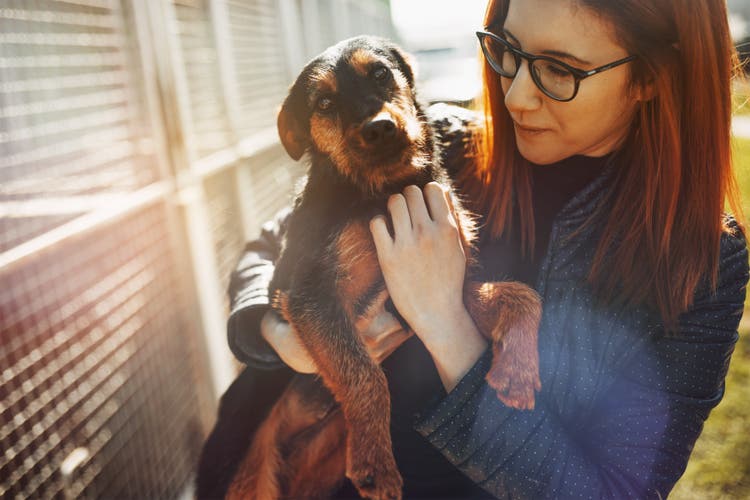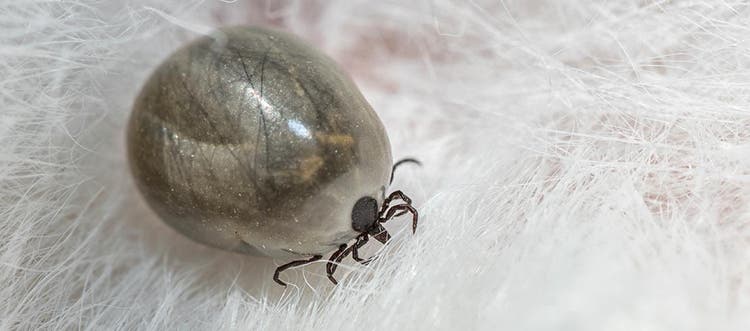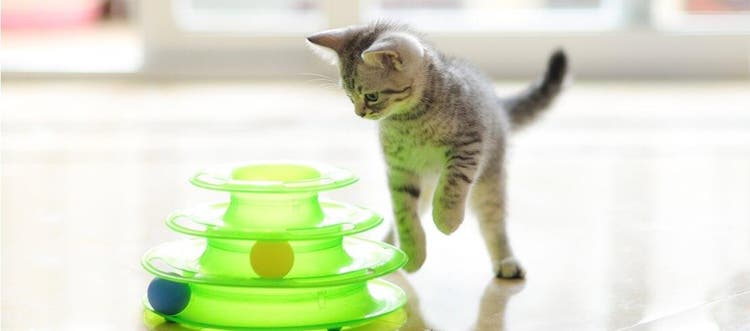If you’re thinking of getting a new pet, a rescue group could be the right option for you. Find out everything you need to know about adopting from one of these organizations.
Could rescuing your next pet be the right choice for you? Our list of common questions and answers about adoption may help you decide.
Why should I choose a rescue animal?
Adopting from a shelter or rescue organization is a smart choice for several reasons:
- It provides a forever home for a homeless animal.
- It saves lives by freeing up the space needed to house another homeless animal.
- Rescue organizations are conscientious about matching the right animal to the right home.
- The initial cost to adopt is often less than it would cost to buy a pet from a breeder. Many rescue animals come spayed or neutered and have received some of their vaccinations, saving you some of the costs of a new pet. In addition, your money helps support the rescue organization or shelter which helps them save more cats and dogs.
Should I be concerned about a rescue animal’s health?
On top of feeding and housing adoptable pets, rescue organizations and shelters give all their animals a full health check, routinely treat them for parasites such as fleas, ticks and worms, and provide them with vaccinations.
Most animals in rescue organizations will be neutered if they are old enough or spaying or neutering will be included as a condition of adoption. Rescue groups will also alert you to any current or past health issues, and many will not allow an animal to be adopted if they are in poor health.
That said, it’s prudent to have your veterinarian examine any new pet to set a benchmark for their health and schedule regular vaccines and parasite protection.
When can I take a kitten or puppy home from a rescue?
Kittens and puppies can usually be taken home when they are 8 weeks old or older. Ideally, kittens and puppies should remain with their mother until at least this age to properly socialize with their littermates. Numerous studies have proven that animals who are separated from their litters too early may fail to develop appropriate social skills which can lead to life-long behavioural issues.
Of course, one way to continue to hone their social skills would be to adopt their mom or one of their siblings as well. That way your new pet already has their favourite buddy to play with…along with you, of course.
How do I find the right pet for my lifestyle?
The rescue organization will help match you with the right dog or cat. Every rescue group wants a happy outcome for all of their animals, and the key is matching the right animal to the right person and environment.
You can view most available animals online on the rescue groups’ websites and many also post their animals on general pet search platforms. You can also get in touch with the rescue organizations directly. Most of them will be happy to work with you to find the right match for you. They will ask you questions about your home, lifestyle and what you are looking for to help make the ideal match. If there are numerous members of your household everyone will be encouraged to visit the animal to ensure the chemistry and energy level is a good fit for all.
If I have young children, can I still adopt a puppy or kitten?
Puppies and kittens have soft bones that are still forming, making them vulnerable to playful hands or over-eager squeezes. As a result, some rescue organizations are cautious when pairing puppies or kittens with toddlers and young children. Sometimes it is wiser to opt for an older animal who is calm and already used to children. Regardless of the age of the animal you choose, it is important to supervise babies and toddlers at all times around your pet.
What are my options outside of animal rescue organizations?
Adopting a new pet is a big decision. You are making a commitment for the next 10-15+ years, so take your time and weigh all your options carefully. You can consider the rescue organizations, or you may want to consult a reputable and licensed breeder. You can also search online for pets that people can no longer keep. You will know in your heart when you’ve found The One. Just remember: no pet will come home perfect. All that matters is that they are perfect for you.
No matter where you find your new best friend, it’s best to bring them to your veterinarian right away. Your veterinarian can give them a general examination and set up a schedule for vaccinations, regular parasite prevention and spaying or neutering if required.









